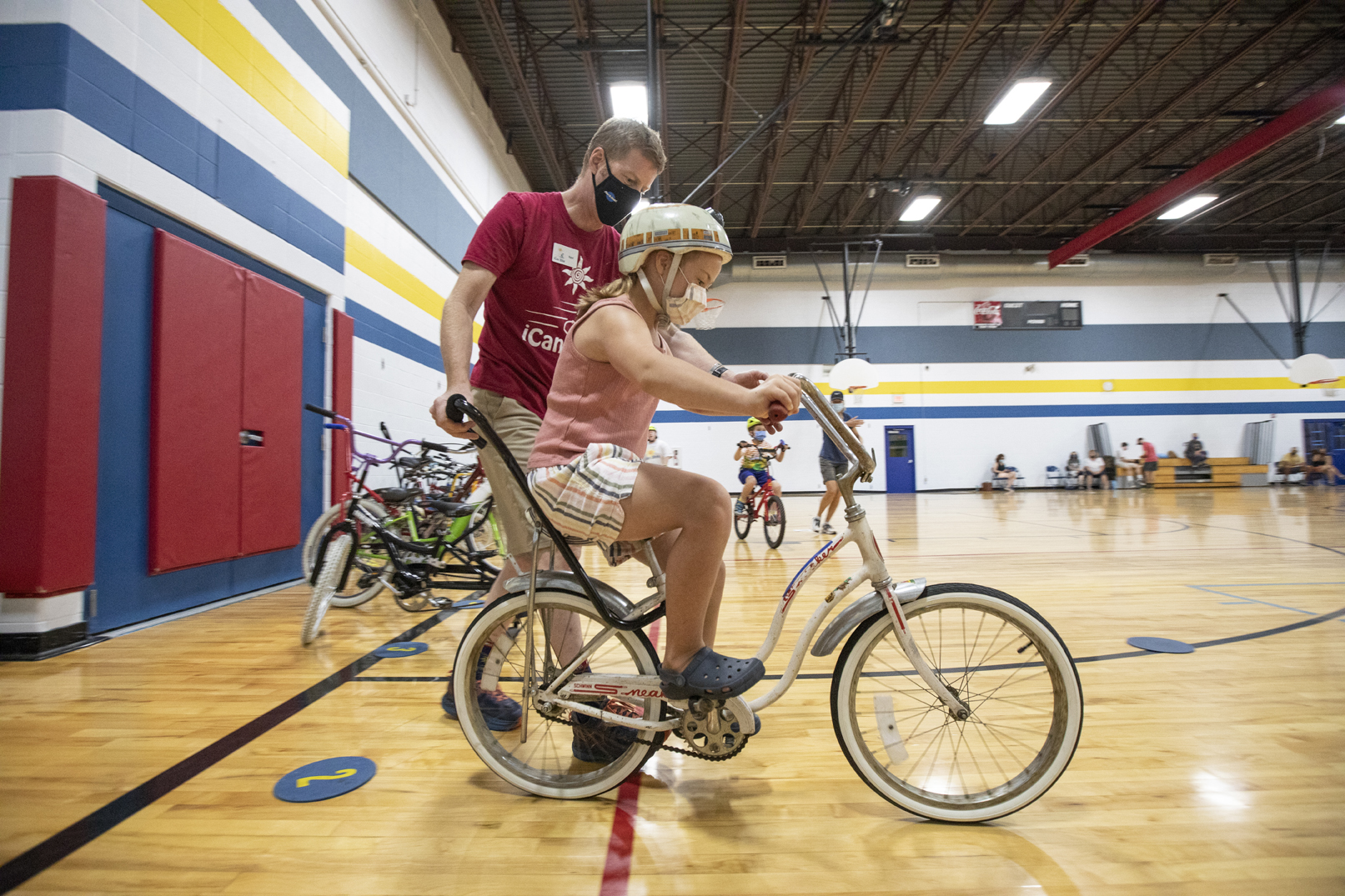Competitive, integrated employment is a key component of living a meaningful and inclusive life. Jobs for adults with disabilities can provide more than income; it can offer a safe environment for social participation and most importantly, open doors to other opportunities.
Unfortunately, the majority of people with I/DD remain either unemployed or underemployed, despite their ability and desire to work. According to the Bureau of Labor Statistics – U.S. Department of Labor: as of 2020, 12.6% of individuals with disabilities were unemployed, compared to 7.9% of persons without disabilities.
The good news is that there are great career opportunities out there for adults with disabilities—and in nearly every industry. Read on to learn about the different types of jobs for adults with disabilities.
Integrated Employment
The U.S. Department of Labor defines “integrated employment” as referring to: “jobs held by people with the most significant disabilities in typical workplace settings where the majority of persons employed are not persons with disabilities. In these jobs, the individuals with disabilities earn wages consistent with wages paid to workers without disabilities in the community performing the same or similar work; the individuals earn at least minimum wage, and they are paid directly by the employer.”
More and more organizations are proactively creating integrated employment opportunities for people with disabilities. Below are six types of positions where people with disabilities can often find gainful employment.
Please note that this is by no means an inclusive list. There are a wide variety of jobs that may be appropriate for different individuals depending on the skillset each individual can bring to the workplace.
6 Job Ideas for Adults with Disabilities
- Office Assistant: From filing documents to answering phone calls, delivering mail, and more, a job as an office assistant provides a diverse range of duties suitable for different abilities.
- Store Greeter: A position for individuals comfortable in social settings, the role of a store greeter is an important one, as this person greets every customer with a smile, answers simple questions about the store, and tidies up to ensure the area is safe and inviting for customers and employees.
- Educational Assistant: Have you ever considered that your special abilities could be an asset in the classroom? Schools are an excellent resource for part-time work. If you know sign language, you could communicate with students who have hearing disabilities, or if you use a wheelchair, you can connect with other students who have mobility challenges.
- Kitchen Hand: Commercial kitchens are busy places, and duties such as washing dishes, bussing tables, taking out the garbage, and prep work keep the momentum. This position is fast-paced and demands attention to detail. Check out this behind-the-scenes look at Troubadour Bakery.
- Customer Service Representative: All kinds of companies depend on customer service representatives to answer questions, concerns, and help customers place orders. This type of position can often be remote, which means you can be part of a team and earn an income from the comfort of your own home.
- I.T. Professional: I.T. stands for “information technology” and is a fast-growing industry that includes fields such as computer software, hardware, data storage/retrieval, and computer support. According to this Military.com article, “In some situations, I.T. workers with disabilities may even have a “competitive advantage” due to their better understanding of what’s required when making information accessible.”
Employment Resources for Disabled Adults
Are you ready to get started on your career search, but don’t know where to start? Here are six employment resources to help job seekers with disabilities connect with employment opportunities.
Job Training Programs for Adults With Disabilities
- Division of Vocational Rehabilitation (D.V.R.) helps people with disabilities find a job, keep a job, or get a better job. They also help businesses recruit and retain employees, and are an important advocate for equity and employee rights in the workplace.
- Pathways of Wisconsin, Inc. partners with the Department of Workforce Development and Vocational Rehabilitation to facilitate positive collaborations between individuals with disabilities and employers.
- The Arc is dedicated to cultivating inclusive and sustainable work environments and is an advocate for hiring initiatives for individuals with disabilities. They audit workspaces, recruiting policies, social gatherings, and more to identify barriers in hiring candidates with disabilities.
- The National Telecommuting Institute, Inc. (N.T.I.) is a non-profit organization that helps people with disabilities find remote jobs. Each year, 500 to 600 Americans with physical disabilities are placed as home-based call center agents in fields such as virtual customer service, technical support, survey work, quality-control monitoring, and business-to-business telemarketing.
- USAJOBS lists thousands of job opportunities from hundreds of federal agencies. It helps individuals with disabilities connect with good job opportunities throughout the federal government, and offers information about the Schedule A Hiring Authority, which expedites the hiring process of individuals who have psychiatric, intellectual, or severe physical disabilities.
- Goodwill’s Supported Employment Program connects individuals with disabilities to employment opportunities and provides job coaching to ensure long-term success. Goodwill works with employers to create customized training programs and an inclusive environment.
Advantages of Hiring Disabled Workers
Employing individuals with disabilities is a win-win-win. Not only does having gainful employment better the life of the individual, hiring people with disabilities benefits employers by creating a more inclusive workplace and creates other opportunities. For example, did you know that 87% of customers say they would prefer to patronize businesses that hire employees with disabilities? Additionally, the turnover rate for employees with disabilities is only 8% in comparison to 45% of all other employees (age 21-64). Customers with disabilities, their families, friends, and associates represent a $3 TRILLION market segment.
While good jobs aren’t always easy to find, there are a coalition of employment resources out there working hard to make workplaces more inclusive for everyone, including people with disabilities. Regardless of your unique talents and abilities, thanks to advocacy programs and integrated employment opportunities, you can experience an enriched life and the satisfaction of a job well done.
Volunteer your way to a Career
Volunteering is a great way to discover your interests and the kind of work you want to be doing. Do you love animals? Volunteer at an animal shelter. Once you establish yourself as an asset, it’s possible they may want to offer you a part-time position. Or, perhaps you enjoy working with children. Volunteer as a playground aide. You never know, your presence could inspire kids with disabilities.
With volunteering, you get a good sense of the work environment, the culture, as well as duties and responsibilities. You will also enhance your social skills, build confidence, and create opportunities through networking.
At Covey, we are passionate about volunteerism. Through our Community Engagement program, Covey clients have the opportunity to connect with businesses and people through volunteering—and have fun! To learn more about how you can volunteer in the Fox Valley Community with us, contact us today!

